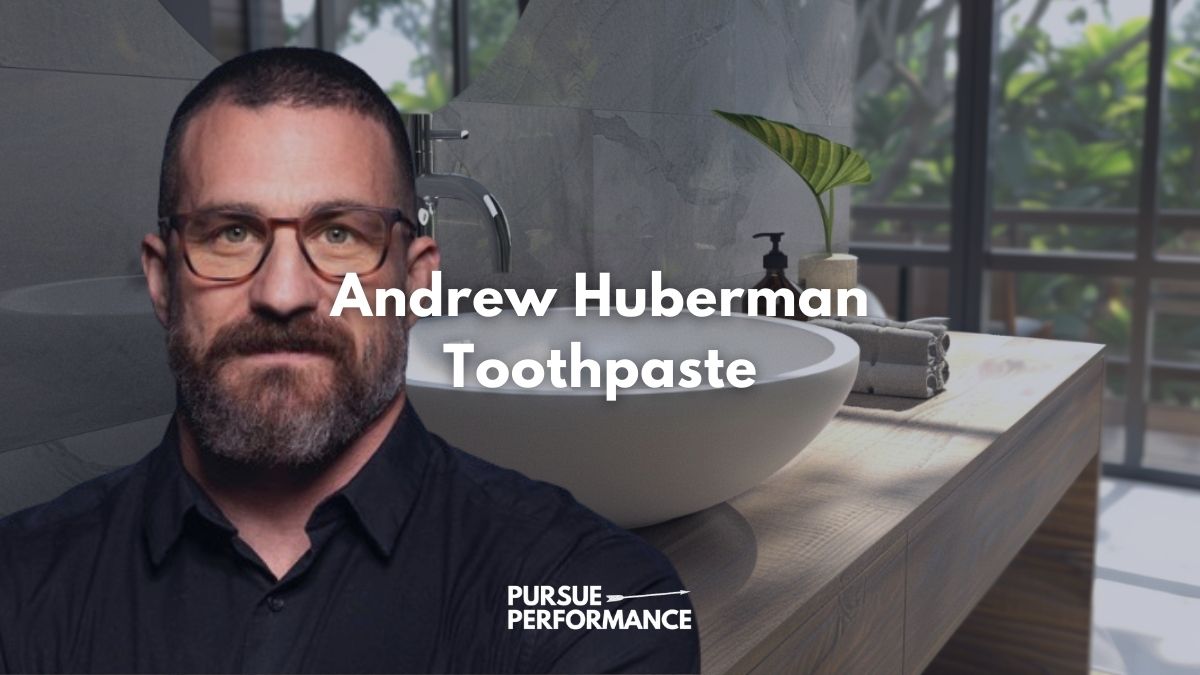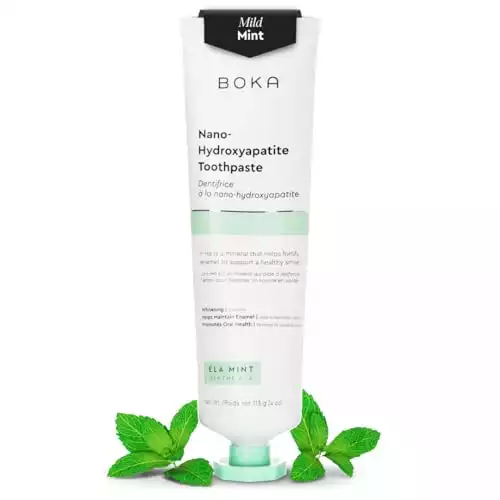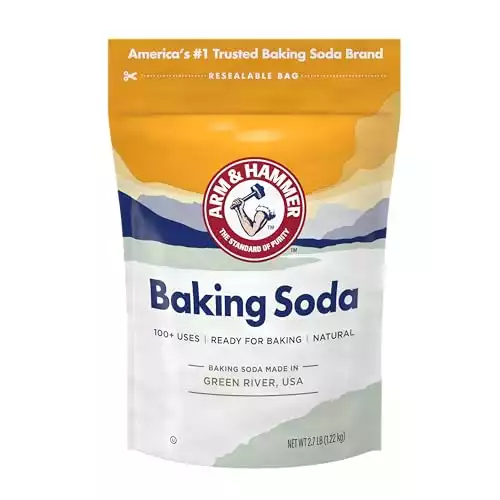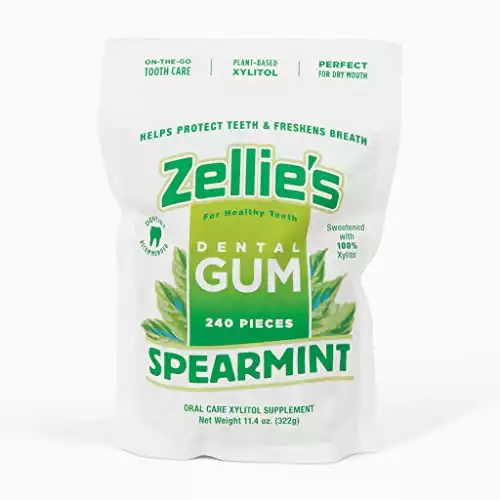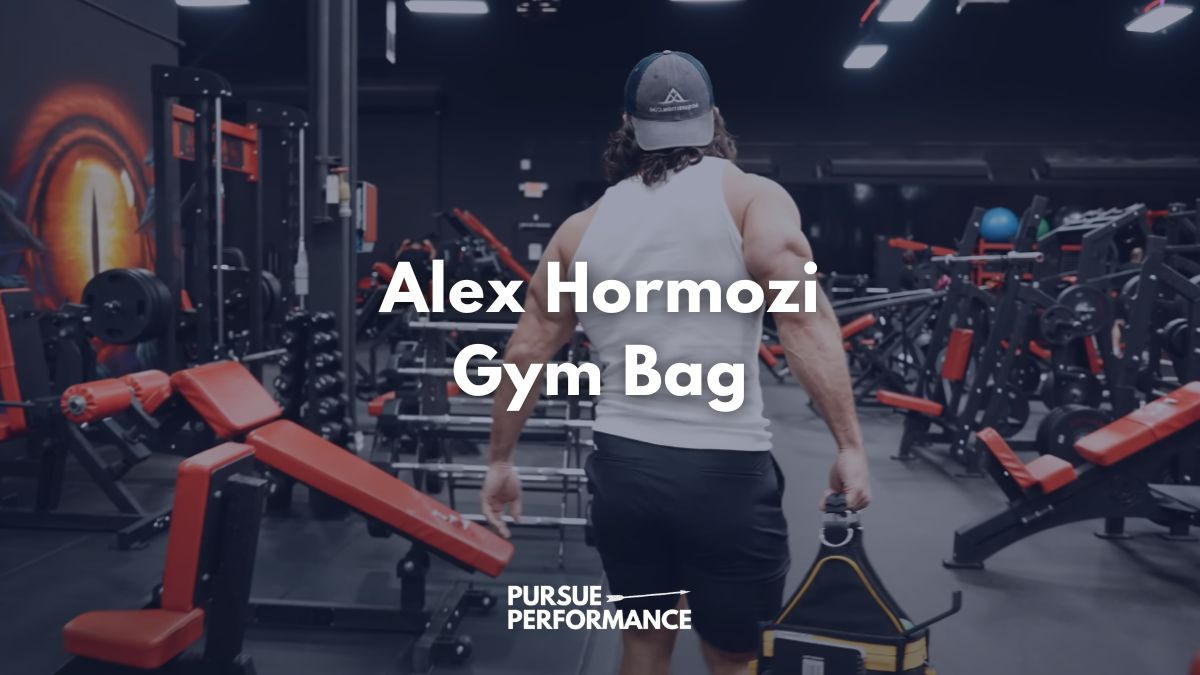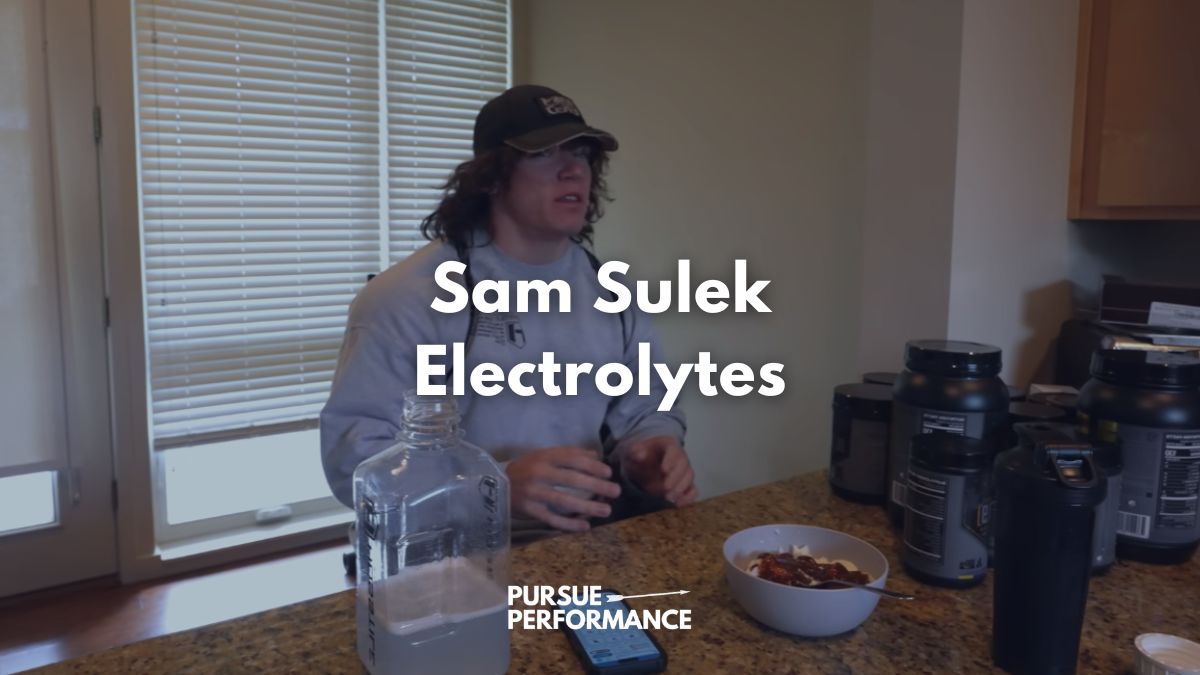According to Professor Andrew Huberman, toothpaste plays a crucial role in oral health, but not all toothpaste is created equal.
In today’s market of teeth whiteners, abrasive abrasives, and alcohol-laden mouthwashes, it can be hard to know what works best to optimize dental hygiene.
In this post, we will summarize Professor Huberman’s evidence-based advice on optimizing toothpaste choice, remineralization supporting dental health, key toothpaste ingredients like fluoride and xylitol, and lifestyle impacts on the oral microbiome.
Huberman’s Recommendations
Flouride-free toothpaste: Boka Fluoride Free Toothpaste
Toothpaste tablets: SuperBee Dentos
Toothbrush: Nimbus Extra Soft Toothbrushes
Xylitol gum: Zellie’s
Xylitol mints: Zellie’s
Water filter: Clearly Filtered
Baking soda: Arm & Hammer
Andrew Huberman Oral Health
According to Huberman, in order to understand the role of fluoride in toothpaste, you first have to grasp the remineralization process that keeps teeth healthy.
Our teeth consist of minerals bound together in a crystal structure called hydroxyapatite.
As we eat and drink acids, this structure gets degraded, causing microscopic holes known as caries.
However, saliva helps reform hydroxyapatite in a process called remineralization that can heal these caries over time.
Andrew Huberman Flouride

Fluoride makes teeth more resistant to acid and decay by becoming incorporated into hydroxyapatite bonds during remineralization, creating an extra-strong fluorapatite structure.
This is why fluoride has been added to toothpaste and public water supplies in the US and Europe – to aid remineralization and prevent caries formation.
However, fluoride is not without controversy. At high doses, it may negatively impact thyroid and brain health.
“I personally grew up using fluide toothpaste – we had the kind of standard name brand fluoride toothpaste in our bathroom – I brushed my teeth with those for years whether or not that negatively impacted my health or not I don’t know…”
Professor Andrew Huberman
While there is an ongoing debate about what constitutes a “safe” level, most experts agree that filtering tap water and using non-fluoridated toothpaste mitigates any potential risks.
Those concerned about fluoride exposure would be wise to take such precautions.
Related: Bryan Johnson’s Toothpaste And Oral Hygiene Routine
Huberman Toothpaste Ingredients and Alternatives
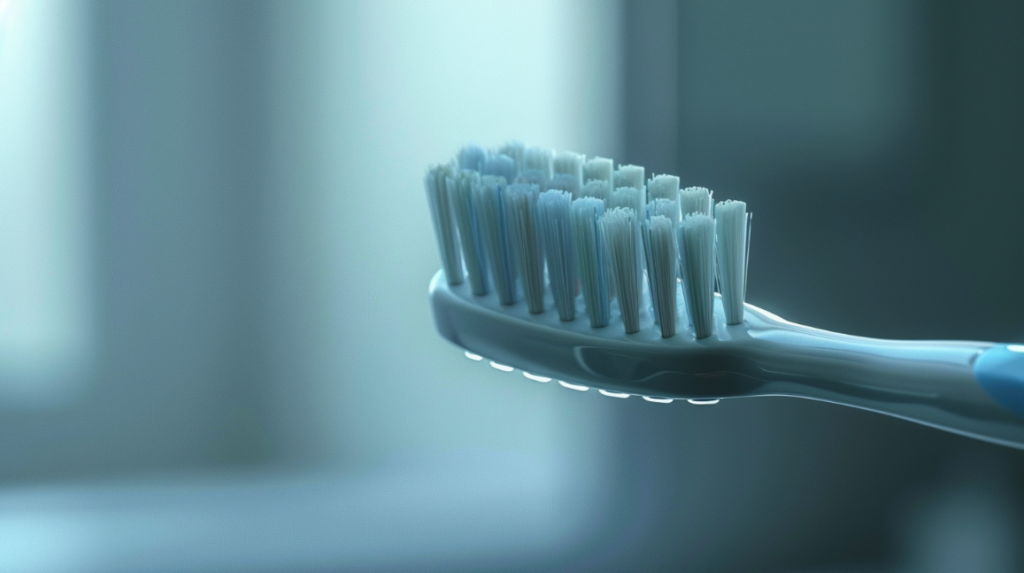
In addition to fluoride, Huberman recommends xylitol, a natural sugar alcohol that starves cavity-causing bacteria.
There are several boutique toothpastes that contain xylitol and fluoride-free hydroxyapatite instead.
He cautions that while he uses and likes certain brands, he has no financial stake in promoting them.
For those seeking inexpensive alternatives, Huberman suggests brushing with baking soda, a mild abrasive that removes plaque.
Or, swishing with a concentrated saltwater solution creates an alkaline environment favorable to good oral bacteria.
While not perfect replacements for quality toothpaste, these no-cost options can be reasonable substitutes.
Related: Joe Rogan Xylitol Gum: Benefits & Recommendation
Huberman Mouthwash Recommendation

In addition to toothpaste ingredients, Huberman scrutinizes the effects of popular over-the-counter mouthwash products.
He adamantly recommends avoiding the typical alcohol-based antiseptic mouthwashes lined on most store shelves.
Why does he advise steering clear of these big brand mouthwashes?
They disrupt the oral microbiome. The high alcohol content and antiseptic agents like chlorhexidine, cetylpyridinium chloride (CPC) and essential oils in these mouthwashes do not discriminate between bad and good bacteria.
They indiscriminately kill microorganisms, wiping out beneficial components of the oral microbiome essential for health.
They offer questionable benefits. Despite flashy advertising claims about fighting gum disease, many studies question whether anti-microbial mouthwashes significantly improve periodontal outcomes compared to diligent mechanical cleaning alone. The minimal upsides fail to justify the microbiome damage.
They may enable pathogen overgrowth. Not only do these mouthwashes kill protective bacteria, but the anaerobic conditions they create allow disease-causing microbes like Fusobacterium nucleatum to potentially thrive and dominate.
Suggested Alternatives
Rather than antimicrobial rinses, Huberman and dental experts point to saline solutions, oxygenating products and mouthwashes containing protective ingredients like xylitol as safer options:
- Saline solutions – Salt water swishes help alkalize mouth pH to facilitate healthier microbial balance.
- Oxygenating products – Help oral microbiome diversity without over-sanitization.
- Xylitol mouthwashes – Starve out cavity-causing pathogens.
The takeaway is conventional mouthwashes likely do more harm than good. There are several alternative products compatible with nurturing oral microbiome equilibrium.

